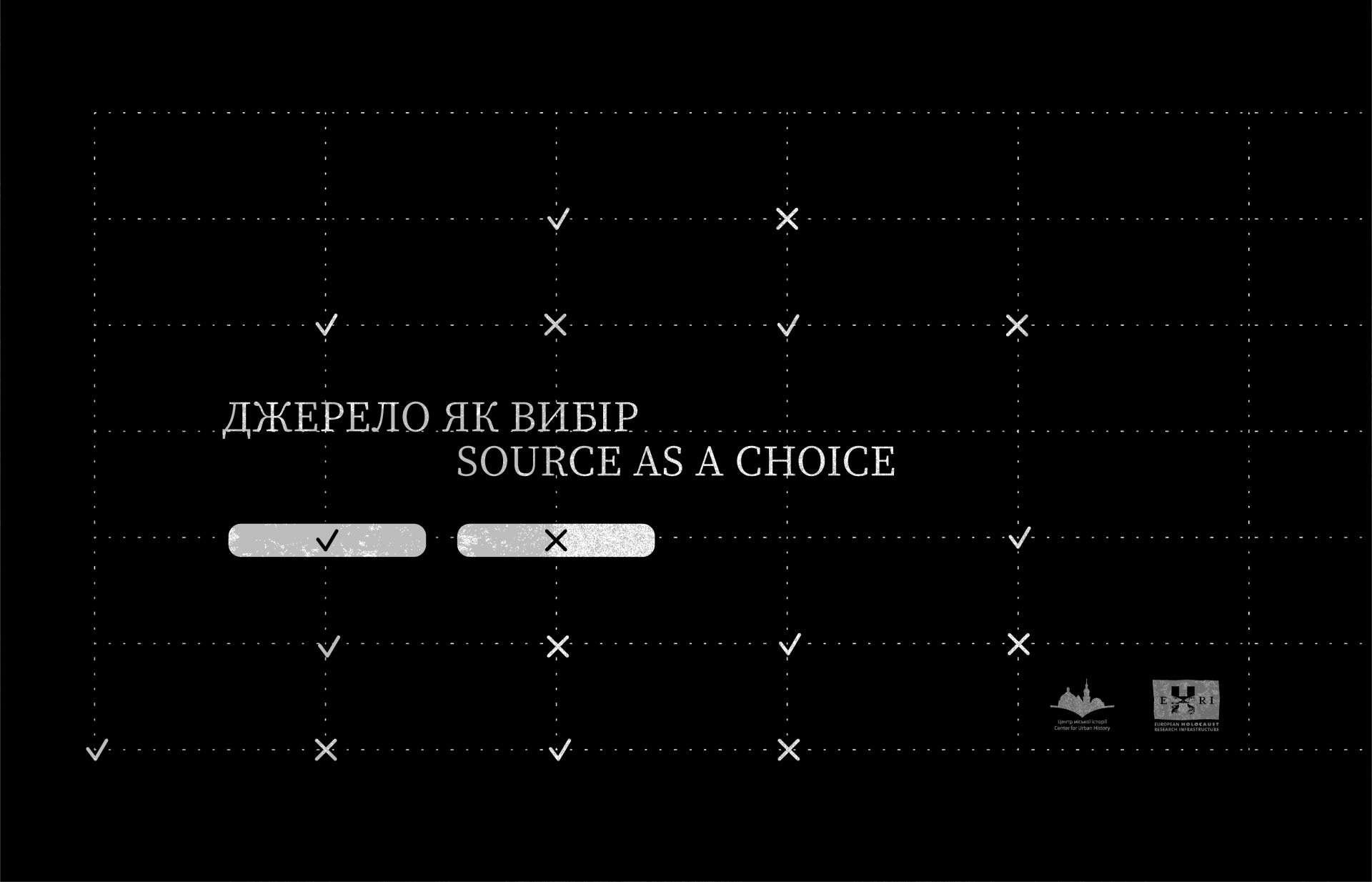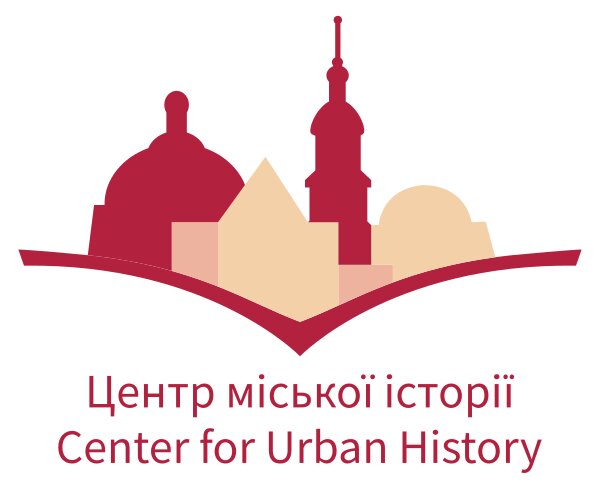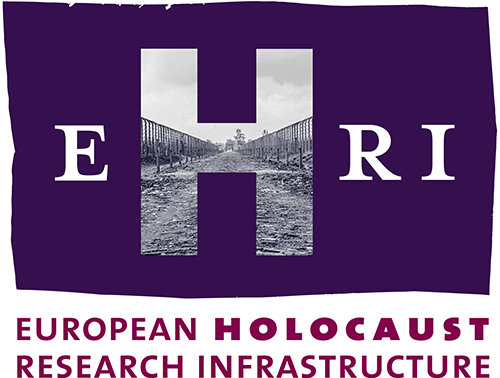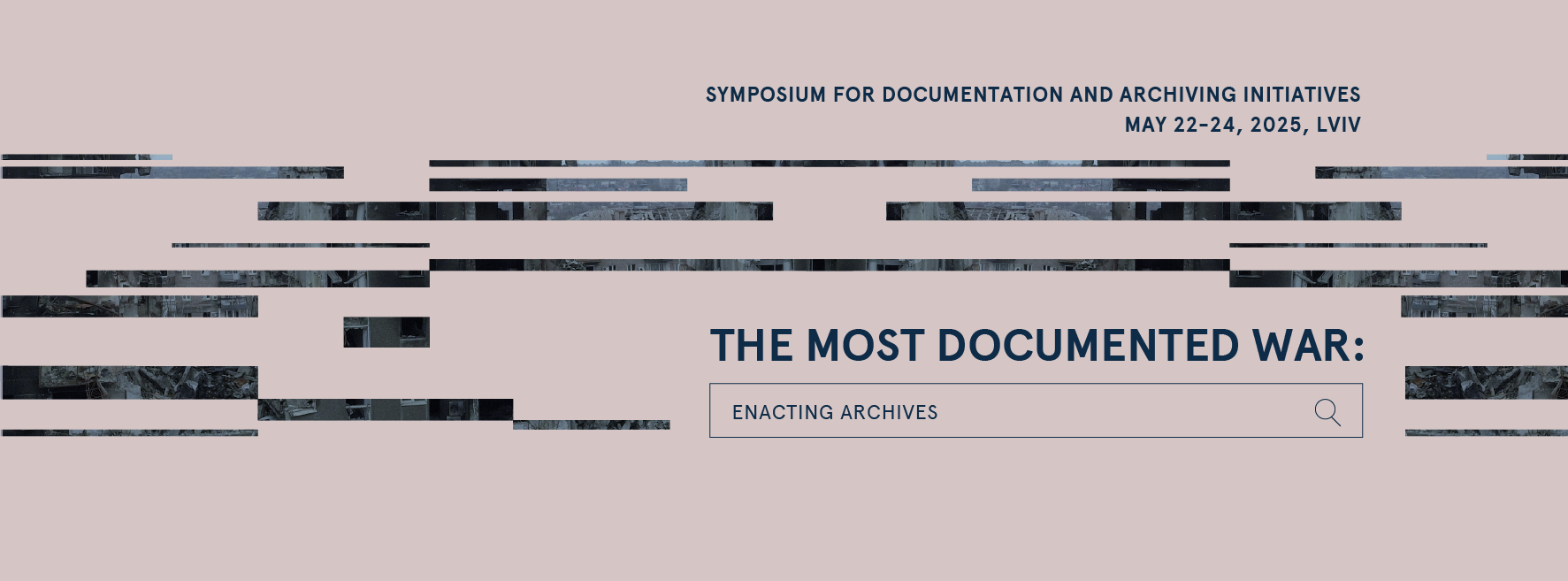Source as a Choice
May 2022 — December 2025
As researchers, our decisions usually privilege certain aspects over others. Our choices are made in search for answers to specific questions. We opt for certain approaches in our work: from the way we shape our first questions and design methodology to how we construct narratives out of the fragments of sources and our interpretations, to the long-term use of our work.
However, similarly complex choices inform the creation of the sources we rely on as well: institutions decide to collect statistical data in a certain manner, people decide to keep their diaries and write letters to each other, media outlets decide to cover specific topics and events. Some materials make it into archives (this itself is also often the result of specific choices), others fade out of focus until they might be re-discovered by people who follow new queries. Some sources are lost, or they are even deliberately destroyed.
Decisions within these processes are often invisible and are not reflected on, but they become especially pertinent in times of radical violence. In such times, the choice of creating and preserving sources may be a tool of exercising or resisting violence. Our choice in these series, though, is to discuss such events and contexts through the lens of certain sources, creating a platform for the conflict-laden pasts to live in the present and in the future.
For the program, which starts in 2022 and will last until August 2024, we will invite researchers to share their work on war and mass violence in the XX-XXI centuries. How and who created visual records and how did they become sources? We will consider not only correspondents' photographs or private images but also drawings of soldiers, amateur sketches of prisoners. We will also examine the dreams of those who experienced war and violence. Dreams are often interpreted as a historical source - ego-documents, like other autobiographical records such as memoirs, diaries, letters. There is still debate over whether ego-documents can serve as true evidence of the past. The recurring question is how reliable can human memory be and how credible the authors of the materials can be that researchers then decide to choose them as a source?
We invite you to reflect upon the decisions and choices that accompany the generation and further life of sources in times of war and conflict.
TEAM
- Curators: Sofia Dyak, Viktoria Panas
- Communication support: Maryana Mazurak
- Consulting: Taras Nazaruk, Natalia Otrishchenko, Diána Vonnák, Bohdan Shumylovych
- Logistical and technical support: Sofia Andrusyshyn, Oleksandr Dmytriiev
- Design: Oleksandra Davydenko



